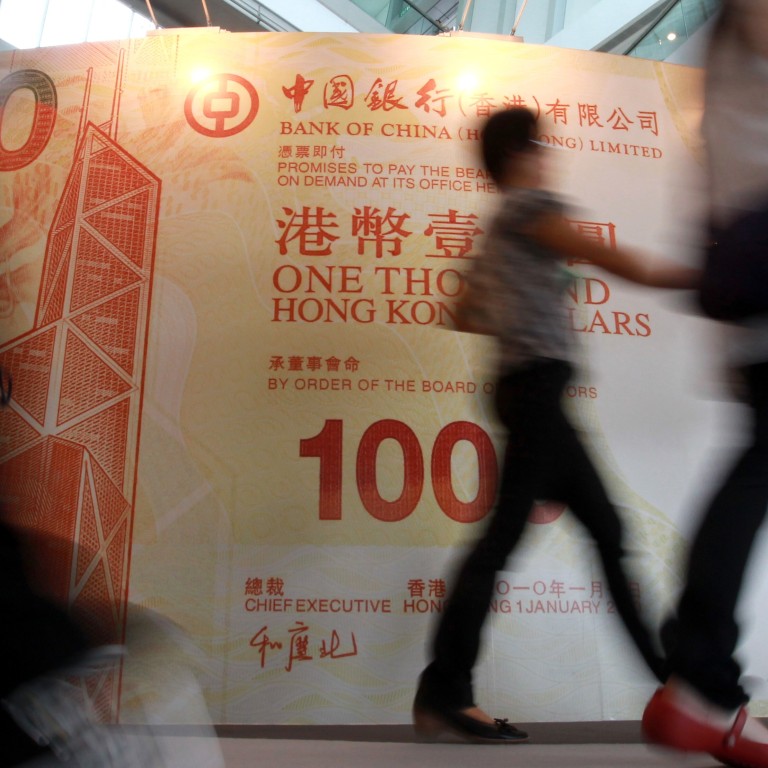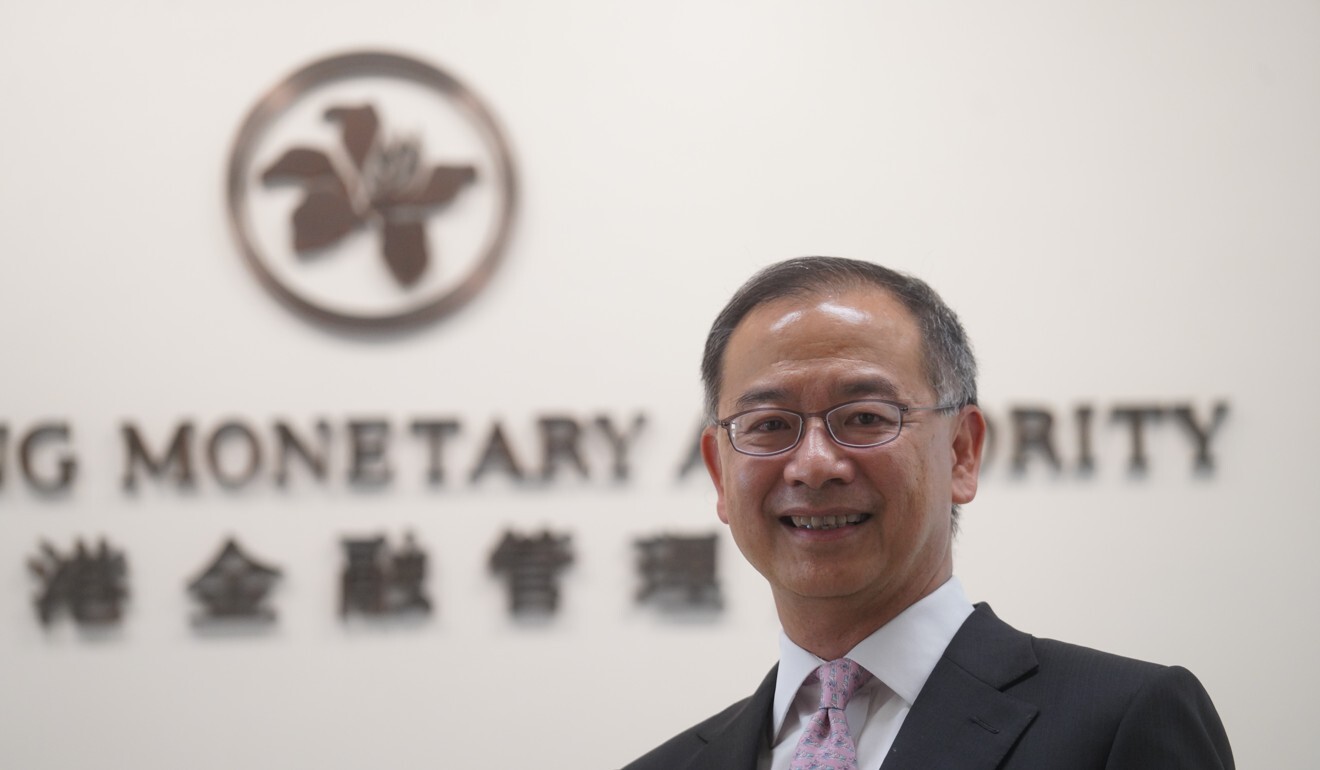
HKMA will stay the course on ESG investments as returns improve over past two years, CEO Eddie Yue says
- HKMA’s ESG portfolio has outperformed its traditional investments over the past two years, CEO Eddie Yue Wai-man says
- HKMA only started investing in ESG stocks two years ago while it has been investing in green bonds for the past six years
The strong performance was partly due to the de facto central bank’s commitment to ESG investment.

The online event, co-sponsored by the Bank for International Settlements, the Banque de France, the IMF and the Network for Greening and Financial System, gave political and business leaders a platform to discuss ways to address the climate crisis.
Yue said the global markets over the past two years have been volatile because of the Covid-19 pandemic and the US-China trade dispute. “Under such special market situations, the companies that comply with good governance standards can outperform the others,” Yue told the online conference where he was joined by central bankers of Singapore, Japan and Malaysia.
“As an investor, HKMA will continue to support green bonds and other ESG investments. It is, however, not an easy and simple task, as it is difficult to determine which projects are green,” he said.
HKMA started investing in green bonds six years ago, but it took to ESG stocks only two years ago, as it did not have sufficient disclosure data to help identify companies that complied with ESG standards, Yue said.
HKMA is working with other regional central banks and green finance organisations to work out a taxonomy to determine the requirements for green finance products.
“We need to have a good disclosure standard and avoid greenwashing investment,” Nor Shamsiah Mohd Yunus, governor of Bank Negara Malaysia, told the same panel.
Greenwashing refers to the companies that create a false impression that their products or projects are environmentally friendly.
Ravi Menon, managing director of Monetary Authority of Singapore, said it was important for the international organisations to consider the local market conditions in Asia while they set the green financing standards.
His sentiment was echoed by Bank of Japan governor Haruhiko Kuroda, who said a “one size fits all” approach should not be adopted when setting the international benchmark for green financing.

